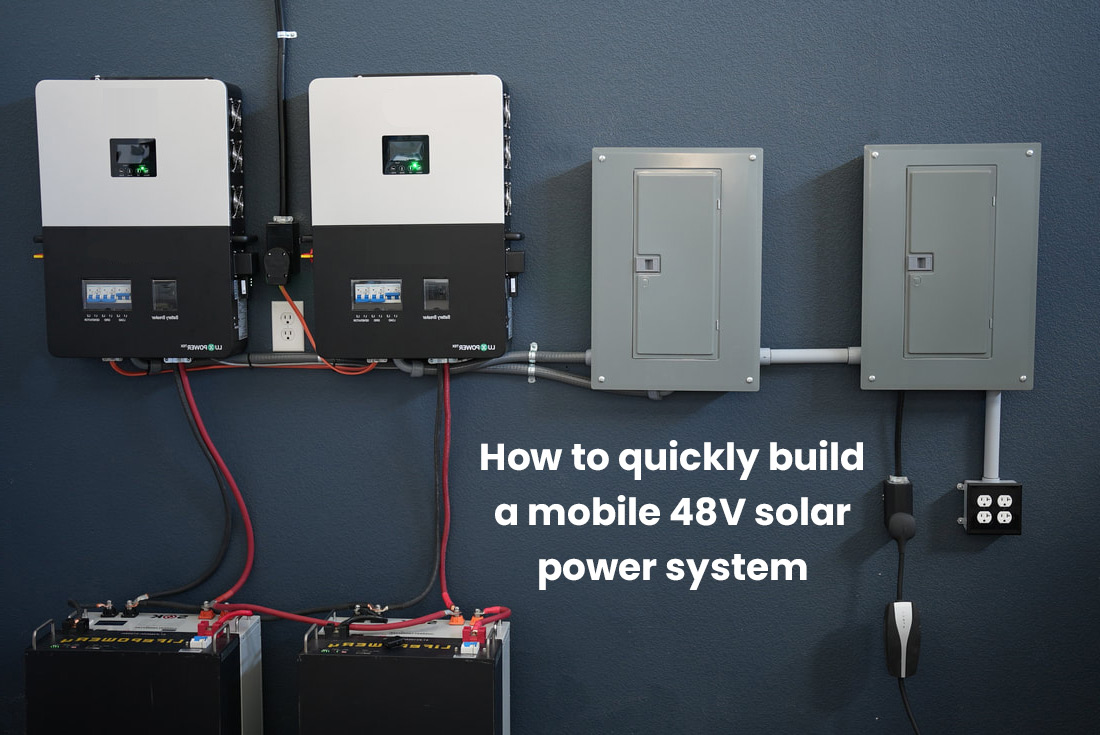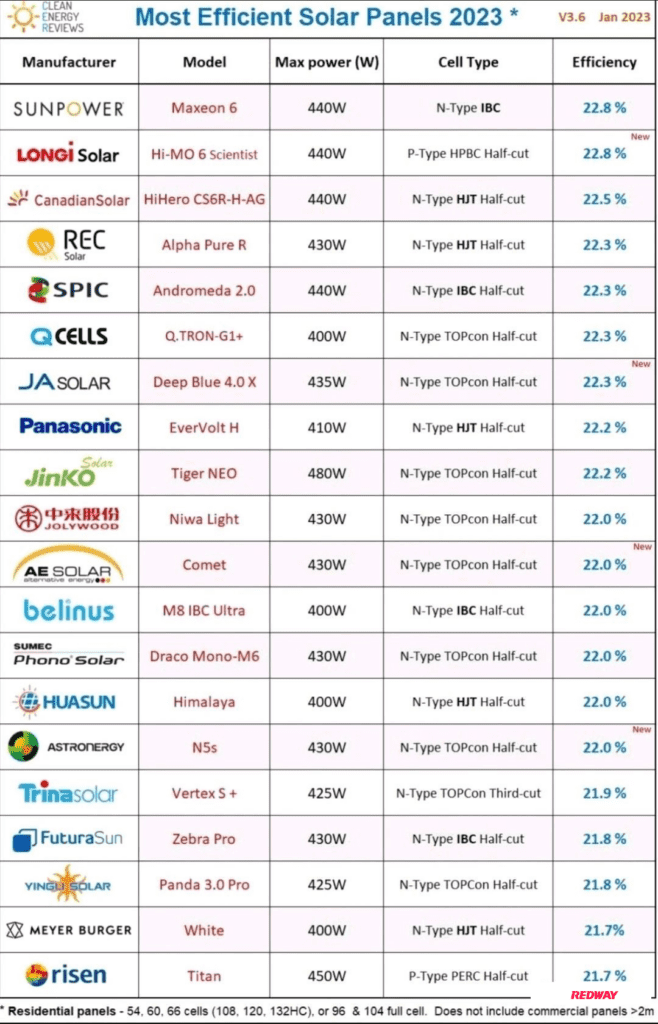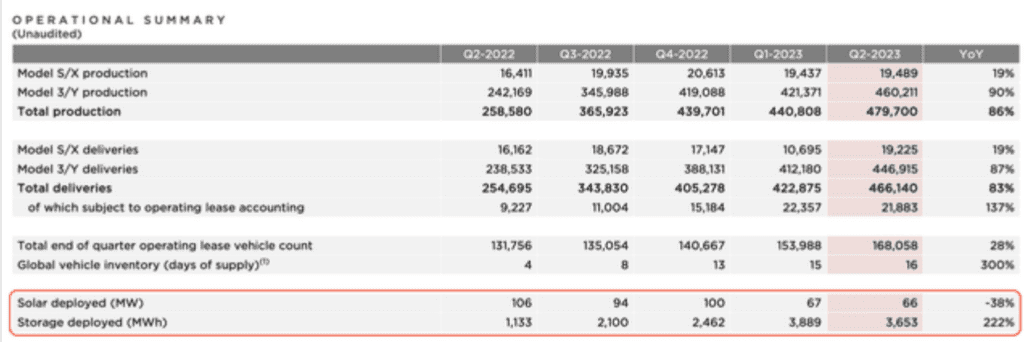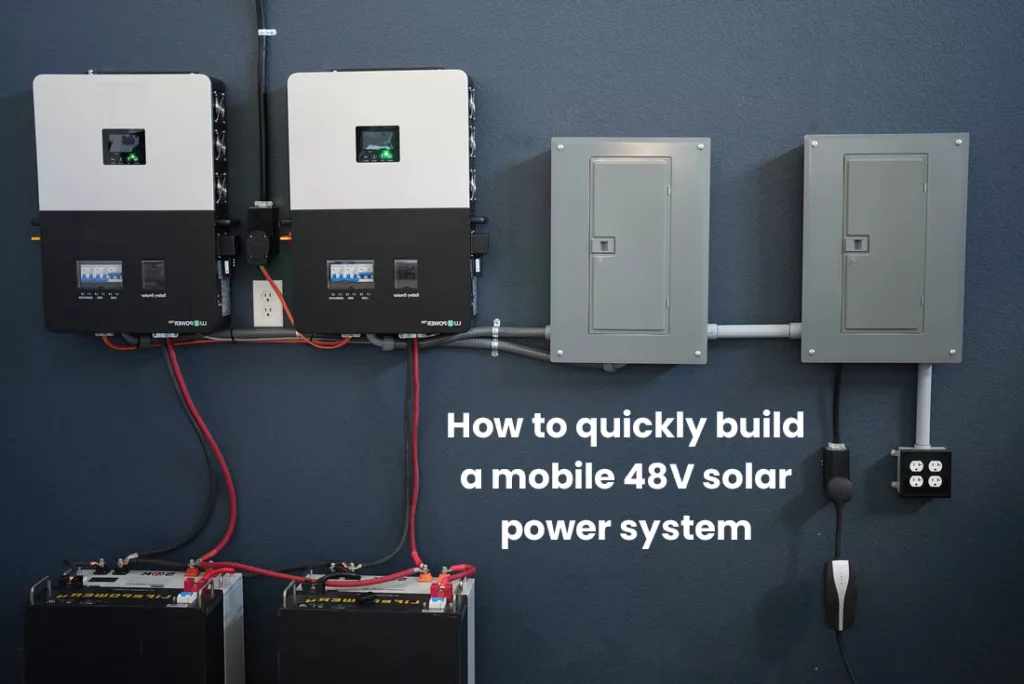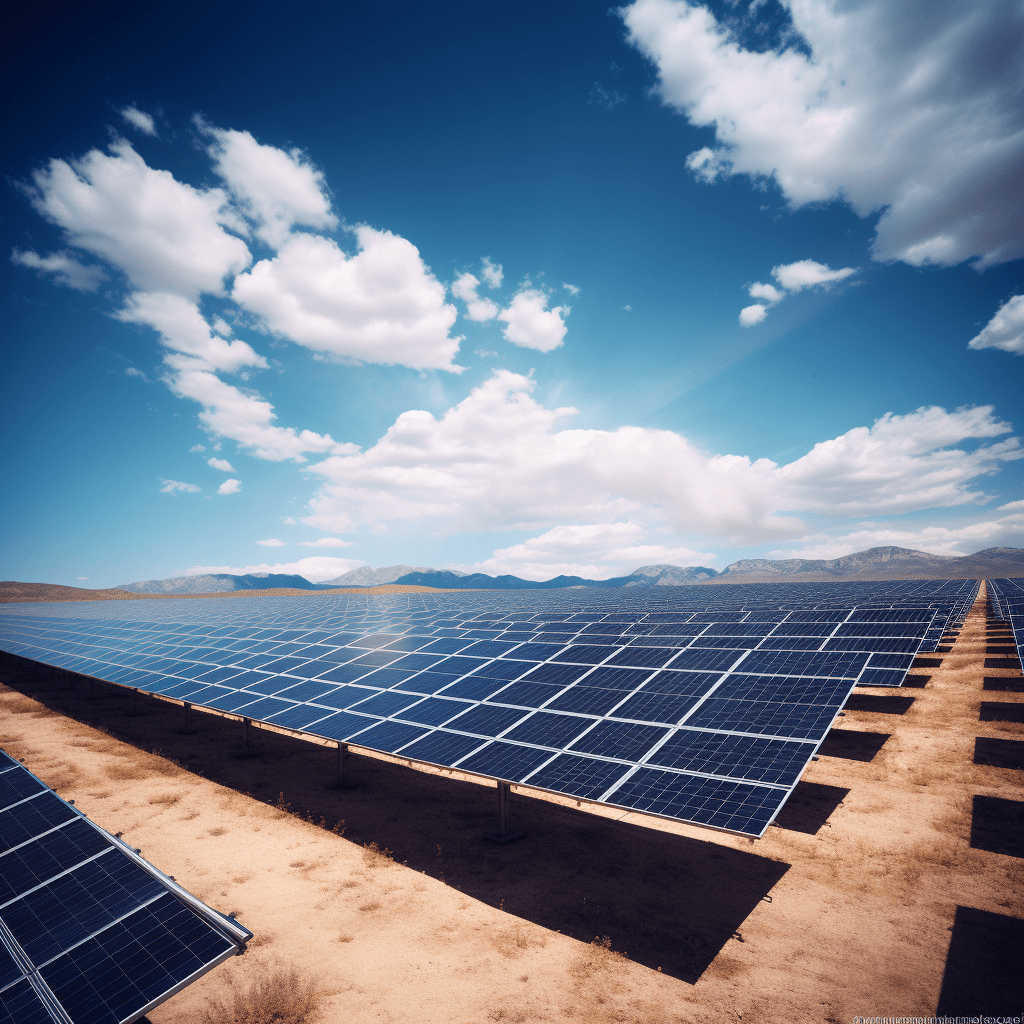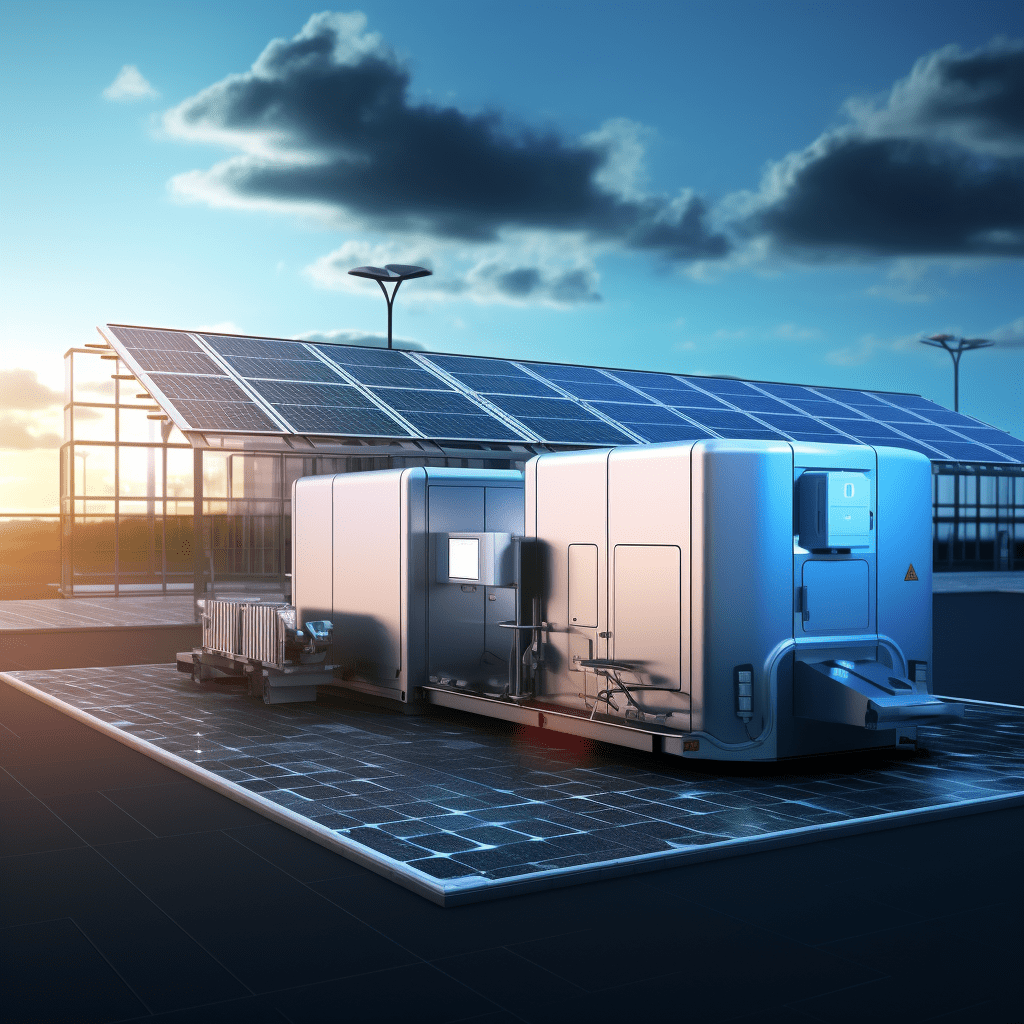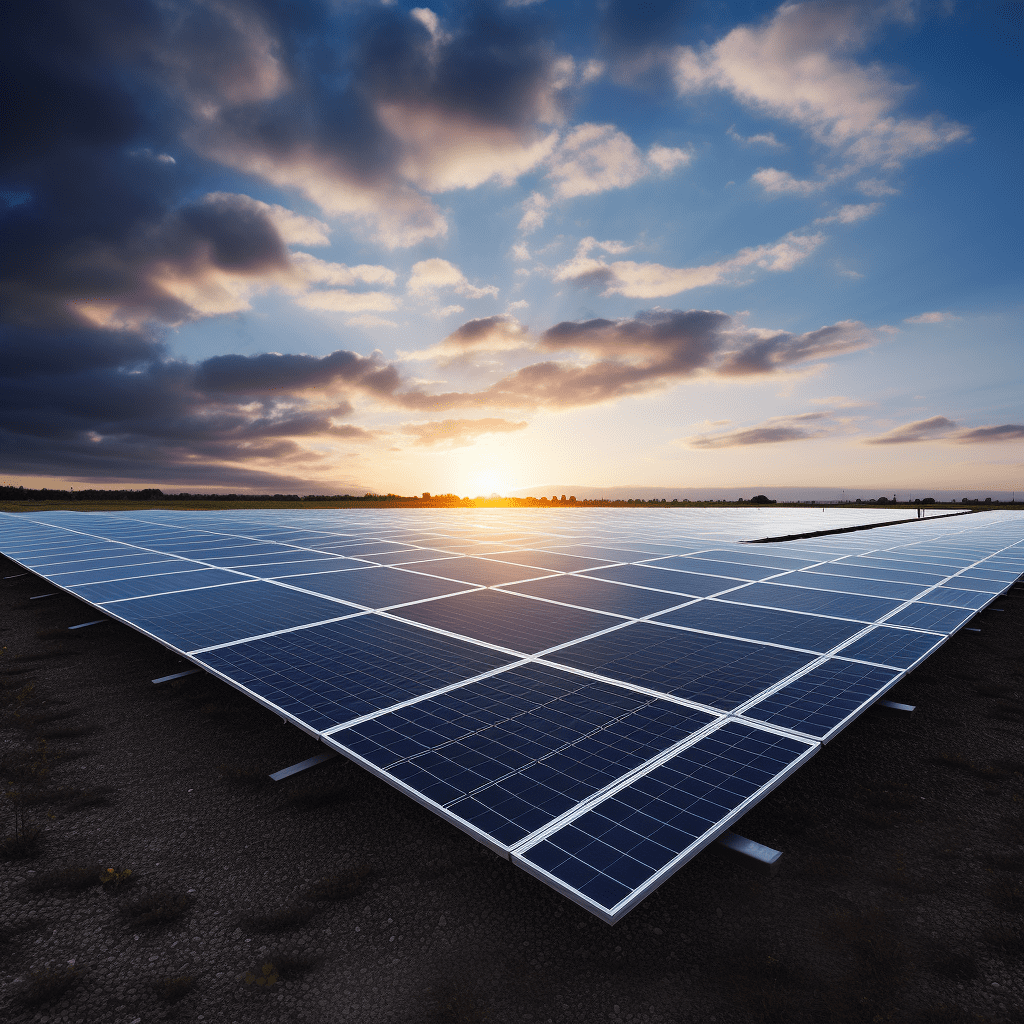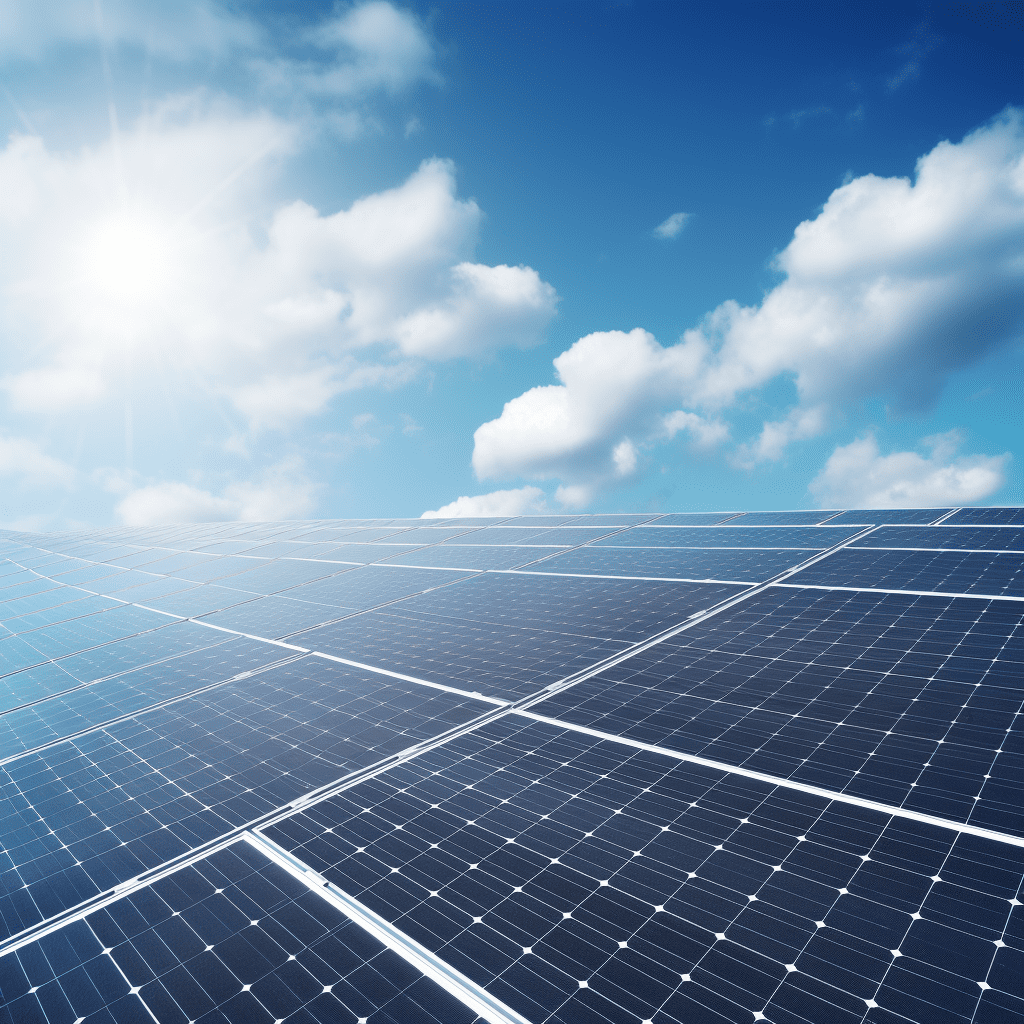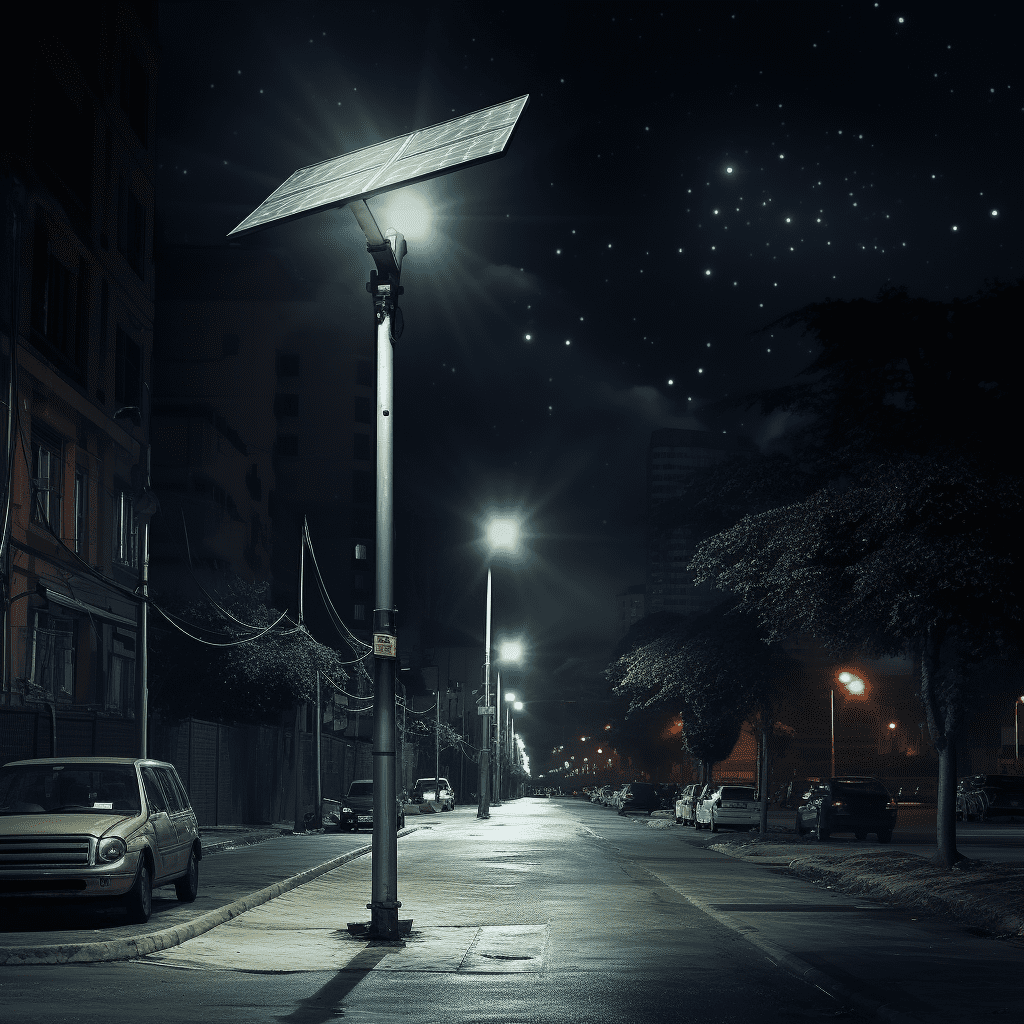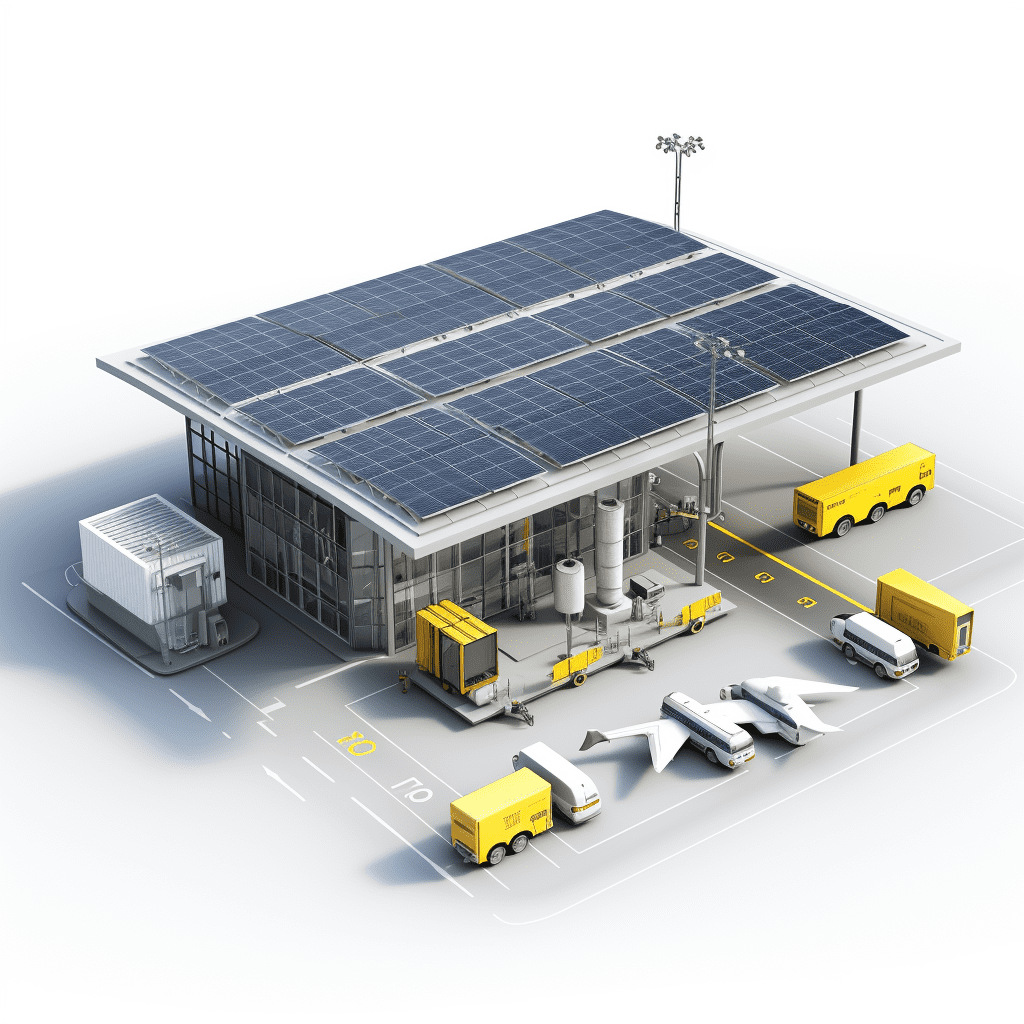Off-grid solar systems are a popular choice for those looking to be self-sufficient in their energy needs. Unlike traditional solar systems, off-grid systems are not connected to the power grid. Instead, they store the solar energy produced during the day in batteries for use at night or during times when the solar panels cannot generate enough electricity. This makes them ideal for remote areas without access to grid electricity.

#post_seo_title
Components of an Off-Grid Solar System
1. Solar Panels: The heart of any solar system, solar panels absorb sunlight and convert it into electricity. Monocrystalline panels are commonly used due to their efficiency and affordability.
2. Charge Controller: The charge controller regulates the flow of electricity from the solar panels to the batteries, ensuring that the batteries are properly charged and not overcharged. There are two main types of charge controllers: MPPT and PWM.
3. Inverter: The inverter converts the DC power stored in the batteries into AC power, which can be used to power household appliances. It is important to choose an inverter that can handle the power demands of your off-grid system.
4. Battery Bank: The battery bank stores the excess electricity generated by the solar panels for later use. Lithium batteries, such as lithium iron phosphate (LiFePO4), and lead acid batteries are commonly used in off-grid solar systems.
Top 10 Questions and Answers:
1. Can off-grid solar systems power my entire home?
Yes, off-grid solar systems can power your entire home, but it depends on the size of your system and your energy needs. It is important to properly size your system to meet your electricity demands.
2. How long do solar batteries last?
The lifespan of solar batteries varies depending on the type and quality of the battery. On average, lithium batteries can last up to 10-15 years, while lead acid batteries have a lifespan of 5-7 years.
3. Do off-grid solar systems require maintenance?
Yes, off-grid solar systems require regular maintenance, including cleaning the solar panels, checking battery water levels (for lead acid batteries), and inspecting the system for any issues.
4. Can I add more solar panels to my off-grid system?
Yes, you can add more solar panels to your off-grid system to increase its capacity and generate more electricity. However, it is important to ensure that your charge controller and inverter can handle the additional power.
5. Can I connect my off-grid solar system to the grid?
No, off-grid solar systems are designed to be independent of the power grid. They are meant for areas without access to grid electricity.
6. Can I use an off-grid solar system during a power outage?
Yes, off-grid solar systems can provide electricity during a power outage, as they store energy in batteries. However, it is important to have a backup generator for extended periods of bad weather or peak demand.
7. How much does an off-grid solar system cost?
The cost of an off-grid solar system depends on various factors, including the size of the system, the quality of components, and installation costs. On average, a small off-grid system can cost around $10,000 to $20,000.
8. Can off-grid solar systems be expanded in the future?
Yes, off-grid solar systems can be expanded in the future by adding more solar panels and batteries. It is important to plan for future expansion when designing your system.
9. Are off-grid solar systems environmentally friendly?
Yes, off-grid solar systems are environmentally friendly as they use clean, renewable energy from the sun. They reduce reliance on fossil fuels and lower carbon emissions.
10. Can off-grid solar systems power air conditioners?
Yes, off-grid solar systems can power air conditioners. However, the capacity of the system and the number of air conditioners will determine its effectiveness in cooling your home.
Transition Words Used:
– Today
– So
– As a result
– Finally
– After this
– Also
– What’s more
– Furthermore
– In addition
– Moreover

